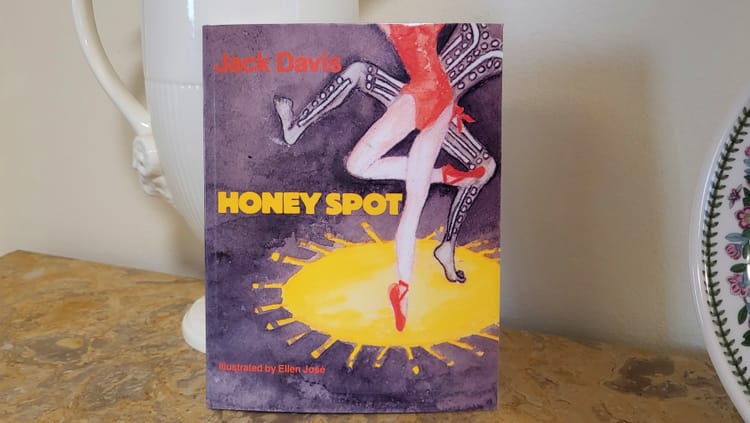Will all Great Neptune's Oceans wash this Blood from my Hands?



Seeing Macbeth at the Sydney Opera House
When I was younger, I had eagerly accepted the chance to go to plays and musicals, taking it in with dilated eyes and wiggling ears. Yet, although I had a decent knowledge of the meanings and themes showcased by the productions, seldom would I question the themes of the story. It was with the Shakespeare plays that I truly learned to question what the producer had in mind. Shakespeare being Shakespeare, the words and themes of his plays lured me into the snare of Shakespearean English. It was the couples’ ambition that had trapped themselves in a life of deception and illusion: Macbeth.
Amongst the fog of smoke encompassing the aftermath of a battle, two pairs of shining leather black boots step out, as two men in olive green tunics pinned with general’s stripes emerge. Yet, they take no more than two paces before they are approached by three ragged women with hollow, white faces: witches. They hail the first man, Macbeth, with a prophecy where he ascends to king. They then turn to the second man, Banquo, and tell him of how his descendants will live to be kings. Banquo raises his eyebrows, Macbeth’s chamber of thoughts continue to echo with the witches’ prophecy. After all, there was the smallest of chances the prophecy was true. Still yet, it was only a matter of time before Macbeth would project these wishes into reality.
While the beginning of the play presents Macbeth as an honourable and a military man worthy of recognition and valour, as the play unfolds, it reveals his ever-growing appetite for power. Macbeth’s ascent turns into a design steeped in deception and moral decay. He abandons the path of virtue to premeditate the murder of a revered and humbled king. Even his most trusted ally Banquo falls victim to Macbeth’s hand, to satiate a prophecy which favours Banquo’s lineage over his own: foolishness blinded by power. Macbeth’s hallucination of a dagger had led to a future he had not foreseen.
Throughout the play, Macbeth consistently looks back on the actions of his past, and when his mind wanders off, his eyes create apparitions to remind him of his boundless guilt and fear. Periodically, he ‘sees’ his hands bloodied with King Duncan’s blood, which he believes even the oceans of Neptune are unable to wipe away, steeped so far into his soul it will remain there for eternity. He also fears the consequences of his actions and the murdered Banquo’s ghost coming to haunt him. Yet, his guilt leaves him unable to enjoy his new title as king, for his murders were bound to haunt him for the remainder of his life.



In many of Shakespeare’s works, the playwright consistently implores his audience to resist accepting things at face value and to probe beneath the surface of appearance. Macbeth encounters the three witches who foretell his destiny. Rather than talking himself to sense, Macbeth catches these words as his own bond, unravelling his deceptive kingdom. Even when Banquo initially warns him against such unquestioning trust, each subsequent consultation with the witches only reinforces Macbeth’s steadfast belief in a predestined future - a belief which ultimately seals his fateful fate.
Beneath the weight of ambition and guilt and fear, Macbeth’s fall emerges as a testament to the perils of defying moral boundaries for power. In this relentless spiral where ambition eclipses humanity, the blood that then stains his hands is less a mark of destiny than a haunting echo of personal betrayal. Ultimately, Macbeth reminds us that when we surrender to our darker impulses, we may find ourselves both the architect and the inevitable victim of our own ruin: ultimately, Macbeth reflects the many struggles the contemporary society faces today.
The haunting echoes of Macbeth's ambition force us to confront an unsettling modern truth: the unbridled quest for greed may soon shatter the fragile balance of our own humanity. Question everything, before it’s too late.





Member discussion